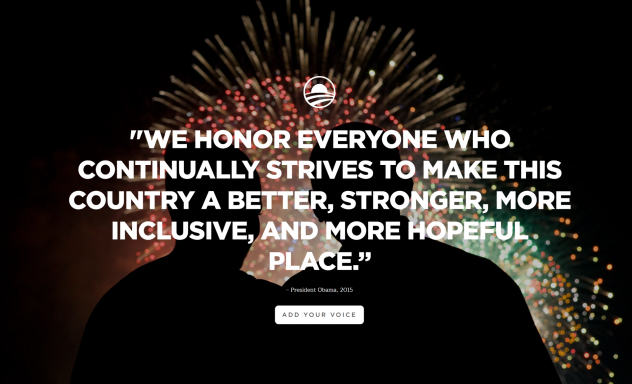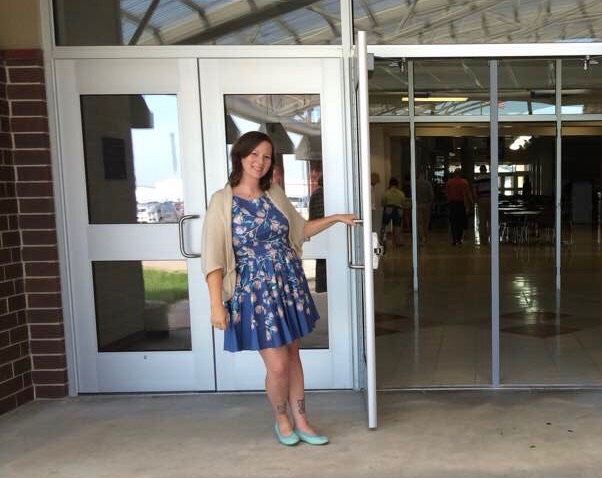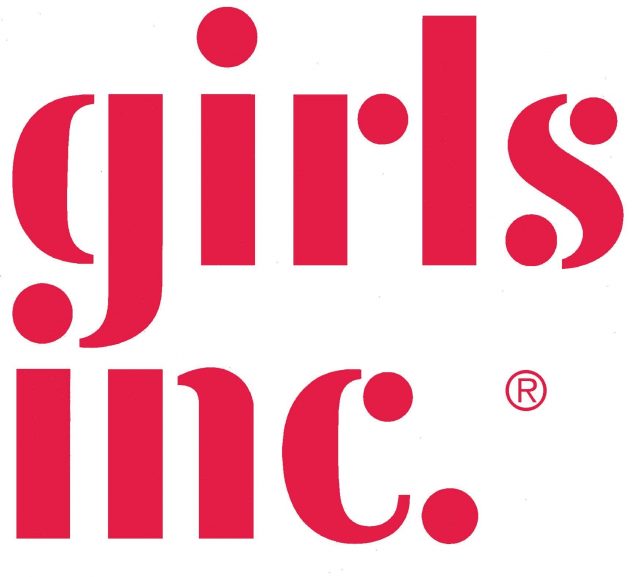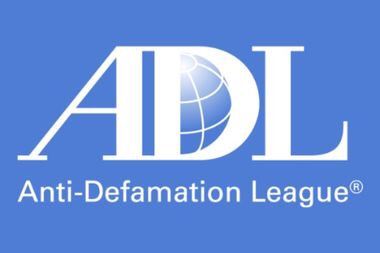
Yesterday, Glenn Brown, Chief Digital Officer of The Obama Foundation, put a call out to an international audience. He invited voices from across the globe to start a conversation about what it means to be a #DigitalCitizen.
This call was prompted by Brown following a powerful session at the 2016 South by Southwest Interactive where President Obama reminded his audience that “…the most important office in a democracy is the office of citizen.” Since that event, Brown began consulting for The Obama Foundation before jumping on board, full-time, as the CDO. You can find more information about Brown’s initial engagement with this important digital citizenship work here.
According to www.obama.org, “The Obama Foundation was established in January 2014 to carry on the great, unfinished project of renewal and global progress.” They are “…a living, working, start-up for citizenship – an ongoing project for us to shape, together, what it means to be a good citizen in the 21st century.” In addition to a focus on digital citizenship, another major initiative of this foundation includes developing the Obama Presidential Center which will help to drive the foundation’s overall mission.
Brown’s latest call to action invites us to live outside of our echo chambers, engaging in healthy, digital dialogue about topics that we may or may not agree not. After all, we are all living as citizens in this world together, whether we agree or not. He prompts us by asking for input on the following three questions, connected with the hashtag, #DigitalCitizen.
- Who’s a model of digital citizenship in your world? Why?
- What habits do you want to change about your online life? What practices would you recommend for others? What’s one simple thing you could do to improve your “digital health”?
- What people or organizations do you think exemplify digital citizenship when it comes to questions of embracing difference — of thought, identity, or any other variable that you value?
Today, I share my responses with you below as an advocate for digital citizenship and I invite you to do the same. Share your responses in any or all of the following channels:
- The comments of this blog post
- On Twitter using both #DigitalCitizenship and #DigCit hastags
- The Common Sense Education Facebook Group (you’ll have to request to join the group, but we’d love to have you and to see you share!)
- Who’s a model of digital citizenship in your world? Why?

I have a friend who sparked a fire in me regarding educational technology and creating a personal brand online as an educator. Jodie Morgenson is truly a model of digital citizenship. She isn’t a model because she represents a perfect, pumpkin-pie image of herself either – she doesn’t. She is weird, and brilliant, and creative, and funny, and she raises hell for all the right reasons. She’s humble, and shy, and outwardly-introverted. Online, she befriends those who are both like and unlike her, whose opinions vary from her own and those that share similar backgrounds and preferences.
Above all else, Jodie is empathetic, in-tune with the needs of others, and of herself. She sets digital boundaries and knows when she’s had enough screen time. She engages in dialogue with people of all types, from all walks of life, and uses digital media to provide a voice for herself and those who struggle to find their own voice. She’s amazing and she encompasses digital citizenship.
- What habits do you want to change about your online life? What practices would you recommend for others? What’s one simple thing you could do to improve your “digital health”?
I’ve been thinking more and more about the power (and INFORMATION) that Facebook has over me. I find the idea of a digital detox very attractive, but I’m scared…yes, literally scared…to bite the bullet and give it up, even for a short period of time. FOMO is real. Very, very real.
My best advice for digital health is to create boundaries, both for yourself and with your family. Common Sense Media provides a plethora of information for helping you to do so from their Device Free Dinner Challenge, to customizable device contracts that parents can use to set boundaries with their children.

- What people or organizations do you think exemplify digital citizenship when it comes to questions of embracing difference — of thought, identity, or any other variable that you value?
In Omaha Public Schools, we are intentionally teaching digital citizenship skills using resources from Common Sense Education. As an organization, Common Sense Education “…provides high-quality digital literacy and citizenship programs to educators and school communities. Together, we work to empower students to harness technology for learning and life.” These awesome resources allow our schools to deliver instruction to a diverse population of students, encouraging them to grow and embrace the difference among them as peers.
I would also like to give a shout out to a handful of other local organizations who are furthering opportunities to use digital resources to embrace difference and inclusion. Check out their websites (linked below) for more information.
Film Streams – At the Ruth Sokolof Theater
Girl Scouts Spirit of Nebraska (who will be rolling out a cybersecurity badge in September)









0 comments on “The Obama Foundation Approaches Digital Citizenship (and Invites You to Share Your Voice!)” Add yours →